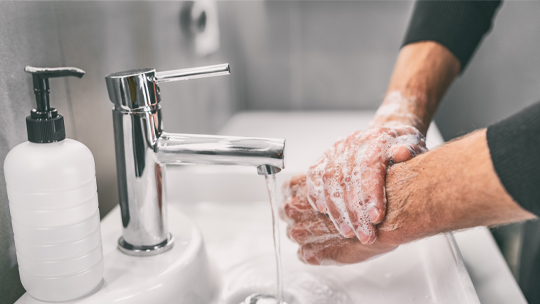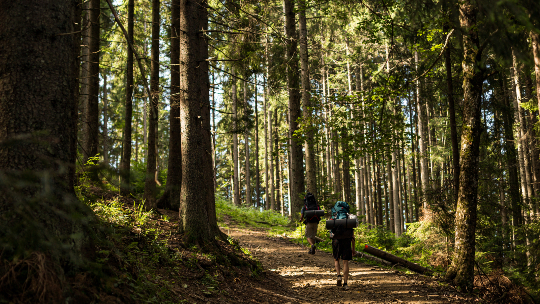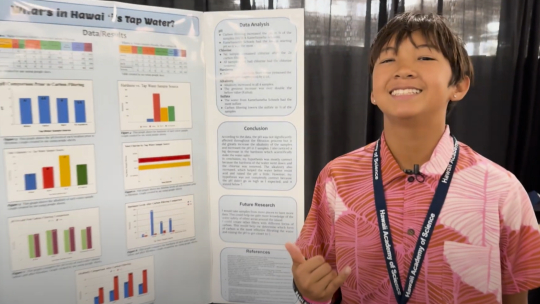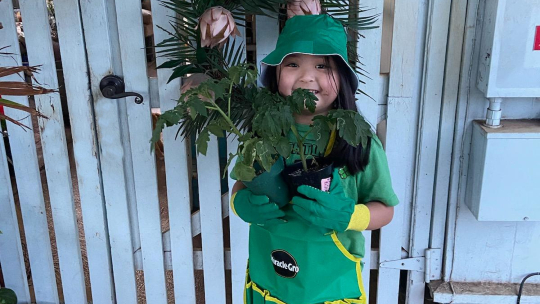The number of coronavirus cases in Hawaii continues to rise. Here are some common questions about the coronavirus and recommended tips on how to protect yourself.
How serious is COVID-19 compared with other viruses, such as SARS or MERS?
SARS and MERS are caused by members of the coronavirus family different from the one causing COVID-19. Although SARS and MERS were much more likely to cause severe illness, they never caused a pandemic. A pandemic is when an infection spreads over several countries or continents, affecting a large number of people. The coronavirus causing COVID-19 appears to be much more contagious and causes a more severe disease than the flu. That’s why public health officials are taking much more action.
Who’s at highest risk for getting seriously ill from the coronavirus?
The people who are at greatest risk include those who:
- Are age 60 or older.
- Have pre-existing medical conditions such as diabetes, high blood pressure, or heart disease.
- Have a weak immune system.
- Have chronic lung diseases such as asthma or chronic obstructive pulmonary disease.
Who seems to be at lower risk?
Children appear to be at much lower risk for severe illness. However, people with mild symptoms of COVID-19 are still contagious. Additionally, those who are not in the high-risk group, such as young adults, still have some risk for severe illness. So we all need to follow recommendations.
What can I do to decrease my risk of getting the infection?
Like most respiratory viruses, COVID-19 spreads mainly through respiratory droplets from coughing or sneezing then touching other people or things with these droplets on them. In Hawaii compared to other places, hugging and kissing is a common form of greeting. For now, consider bowing, waving, or giving a shaka rather than shaking hands, especially with those who are coughing or sneezing.
Should I wipe down surfaces with bacterial wipes?
Although the virus can contaminate surfaces from an infected person’s respiratory droplets, getting the infection from a contaminated surface is less common than from direct exposure to respiratory droplets. You can lower your risk by frequently disinfecting touched surfaces, such as phones, remote controls, door handles, and faucets. However, if a household member is isolated because of the illness, minimize cleaning their area to lessen your exposure. Here’s a link on how to disinfect.

Wash your hands for at least 20 seconds with soap and warm water. Or use hand sanitizer containing at least 60% alcohol. Because the virus can possibly stay alive on surfaces for several days, avoid touching your face — your mouth, nose, or eyes — if you haven’t washed your hands.
Wearing a mask can reduce the risk of people with the virus infecting others.
There’s a worldwide shortage of surgical, N95, and other health care masks used in medical facilities. Health care workers and first responders who are in close contact with people who have the virus need protective gear to stay healthy to care for the sick.
Cloth masks can be used. Learn more from the Centers for Disease Control and Prevention.
If you’re sick, wear a mask to prevent your respiratory droplets from spreading. Also, isolate yourself.
We’ve heard a lot about social distancing. Should I keep away from people?
Yes. We all need to work together as a community to decrease the spread of this virus. There are many inconveniences and hardships we must endure now to help stop the spread of the virus. There are lessons we can learn from other countries that have been hard hit by COVID-19, such as avoiding crowds, not traveling, and staying home as much as possible.
What should I do if I think I might have COVID-19?
Symptoms of COVID-19 can be mild, such as fever and cough. Here's what you should do if you have any of these symptoms:
- Stay home. If you live with others, stay in a room away from people and pets and use a separate bathroom if possible.
- Avoid sharing personal household items.
- Wash your hands often, especially before touching other items or your face.
- If you’ve traveled from an area where the virus is widespread or had prolonged close contact with someone with the virus, contact your health care provider or urgent care in advance to determine if you need to have an in-person visit or get tested.
- If you have severe symptoms such as difficulty breathing, contact your health care provider or speak to a doctor using HMSA's Online Care®.
- If you have a medical emergency and need to call 911, notify the operator if you think you might have COVID-19.
Information about COVID-19 changes quickly. Where can I get reliable, up-to-date information?
Go to the Centers for Disease Control and Prevention website. Also, sign up for notifications from the Hawaii Department of Health.
American Well® is an independent company providing hosting and software services for HMSA’s Online Care platform on behalf of HMSA.




